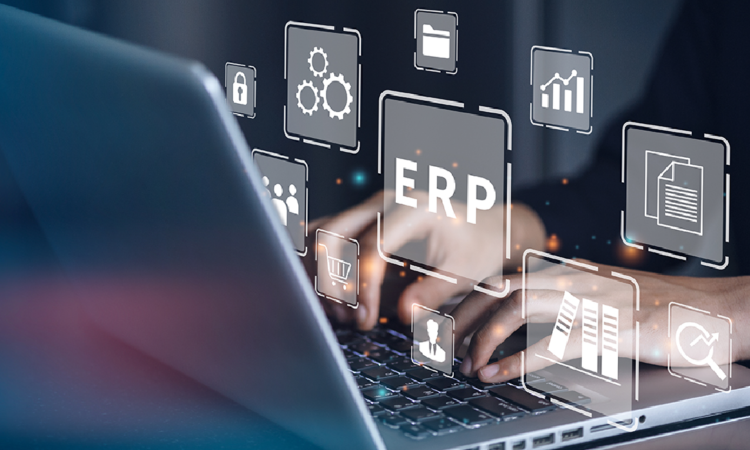
Enterprise Resource Planning (ERP) systems are more than just buzzwords in the bustling business landscape of Singapore. They’re the backbone of efficient operations, offering a consolidated approach to managing a company’s finances, supply chain, operations, reporting, manufacturing, and human resource activities.
For small businesses, startups, and entrepreneurs in Singapore, implementing an ERP system can be a game-changer, helping to streamline processes and improve competitiveness.
Here’s a step-by-step guide to ensure a smooth ERP implementation.
Introduction to ERP and Its Importance for Singapore-based Businesses
ERP systems integrate various functions into one complete system to streamline processes and information across the organisation. For Singapore-based businesses, where the market is competitive and efficiency is paramount, an ERP system can be the difference between staying afloat and thriving.
Research and Selection of the Right ERP System for Your Business
The first step in your ERP adventure is to research and select a system that fits your business needs. Consider factors like scalability, cost, compatibility with your existing systems, and specific features relevant to your industry. Don’t rush this decision – it’s the foundation of your future operations.
Planning Phase: Setting Objectives, Budgeting, and Selecting an Implementation Team
With an ERP system chosen, it’s time to plan. Set clear objectives for what you want to achieve with your ERP, such as improved inventory management or streamlined financial reporting.
Budgeting is also crucial. Account for all costs, including software, hardware, training, and any customisation. Selecting a dedicated implementation team is equally important, comprising members from various departments who understand their domain’s needs and challenges.
Customisation and Integration of the Chosen ERP System
No ERP system will fit your business perfectly straight out of the box. Customisation and integration are key to ensuring the system works in harmony with your existing processes. This step requires significant effort and technical expertise, so consider seeking assistance from your ERP provider or a consultant.
Training Your Team and Preparing for Go-Live
An ERP system is only as good as the people using it. Invest in comprehensive training for your team to ensure they’re comfortable and proficient with the new system. Also, prepare for the go-live date by testing the system thoroughly and having a contingency plan in place for any issues that might arise.
Executing the Implementation Plan
Now, it’s time to bring your planning and preparation to life. Execute your implementation plan methodically, staying flexible to adapt as needed. Regular communication with your team and stakeholders is vital during this phase to address any concerns and ensure a smooth transition.
Post-Implementation Review and Ongoing Support Strategies
After going live, conduct a thorough review of the implementation process to identify any issues and areas for improvement. It’s also important to establish ongoing support and maintenance strategies to address any future problems and ensure your ERP system continues to meet your business needs effectively.
Maximise ERP for Continuous Improvement and Growth
Once your ERP system is fully operational, the focus should shift towards leveraging its capabilities for continuous improvement. This involves regularly analysing ERP-derived data to identify trends, inefficiencies, and opportunities for optimisation. It’s crucial to keep the system updated and in line with evolving business processes and market conditions.
Additionally, consider engaging your team in ongoing training sessions to keep them adept at using the ERP system’s advanced features. This proactive approach can transform your ERP system into a dynamic tool that not only supports your current operations but also propels your business towards future growth.
Final Thoughts and Next Steps for Singapore Entrepreneurs
Implementing an ERP system is a significant undertaking, but with careful planning and execution, it can provide substantial benefits for your business. It’s a strategic investment in your company’s future, enabling you to operate more efficiently, make informed decisions based on real-time data, and ultimately, compete more effectively in Singapore’s dynamic market.
Remember, the goal of an ERP system is not just to integrate technology into your operations but to harmonise your business processes and strategies for optimal performance. With the right approach, your ERP implementation will set your Singapore-based business on the path to long-term success.
